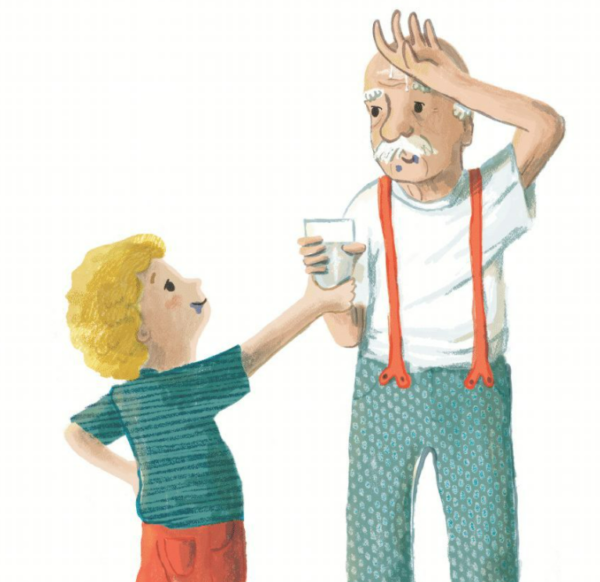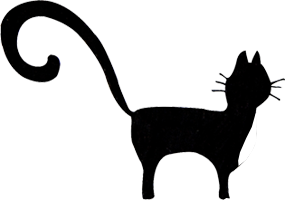The first time I heard the term mitzvah I wasn’t really listening. I was too worried about performing at the local Jewish nursing home with the 3rd grade Hebrew School Junior Congregation Choir. I wasn’t at all concerned about the actual performance—I was no singer, but I’d blend in nicely, and I relished being center stage. What worried me, in fact kept me up at night, was the “after performance” when we’d be asked to mingle with the elderly residents.
Other than my grandparents and a few great-aunts and uncles, I didn’t have much experience with old people. And the old people in my life were filled with zest and energy—eating at diners, cooking big family dinners, and gallivanting around Boca Raton and North Miami Beach—in all their polyester-clad glory.
At the nursing home there were actual old people, and I’m ashamed now to admit it, but they scared me. What would they look like? How would they sound? What would I talk to them about?
“Remember—you’re not just performing songs,” my teacher had said, as we piled off the school bus. “You’re performing a mitzvah.”
In Judaism, a mitzvah is literally a commandment, but in everyday use, often understood as ‘a good deed’. A mitzvah can be as big as organizing a coat drive for those in need or as small as mowing a neighbor’s lawn or baking cookies for an ill friend.

In my book, Until the Blueberries Grow, Ben offers his grandfather a cold drink of water on a hot day. (illus. by Sally Walker)
Singing for the aging residents was a mitzvah—an act filled with goodness and empathy. But I was still nervous.
After we sang our medley of Hebrew songs like Hevenu Sholom Aleichim and Ma’oz Tzur, and a few old-timey barbershop tunes, our choir teacher directed us to hand out almond cookies and talk with the residents.
My knees buckled.
I took my little basket of almond cookies (What if my old person couldn’t chew them?) and looked around the room of seniors for someone to talk to. My teacher must’ve seen me circling, staying just on the periphery of the sitting room, because after a few moments of wearing sneaker treads into the faded carpet, a pair of hands on my shoulders gently guided me to Sarah.
Sarah was my great-grandmother’s name, and this Sarah looked a lot like her, tiny and thin-boned, with flyaway white hair, shining olive skin, and warm, open eyes behind horn-rimmed glasses. She motioned for me to sit, then asked in a surprisingly strong voice, “Do you play checkers?”
As good fortune would have it, I did. We played two games, while Sarah nibbled on a cookie. I won both, although, in hindsight, I have a feeling the reason for that had little to do with my own skill (Oy, I’m so rusty! Such a smart one, you are!).
Eventually, we were ushered back onto the bus, with hot chocolate and leftover cookies, and despite the dropping December temperatures and gently falling snow, I was warmed from the inside out.
Which is what a mitzvah does. A good deed works both ways, a golden thread in the bond that connects us with one another, that enriches the lives of everyone involved.
And it’s this cycle of mitzvot (the plural of mitzvah), the good deeds that we do for others, that through it all, keeps the world churning out kindness and light.



Damn you are one terrific writer. So proud to be your m0ther-in-law. Love you
Thank you! Love you!